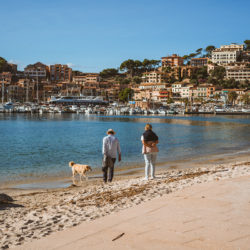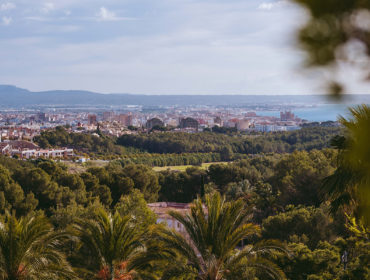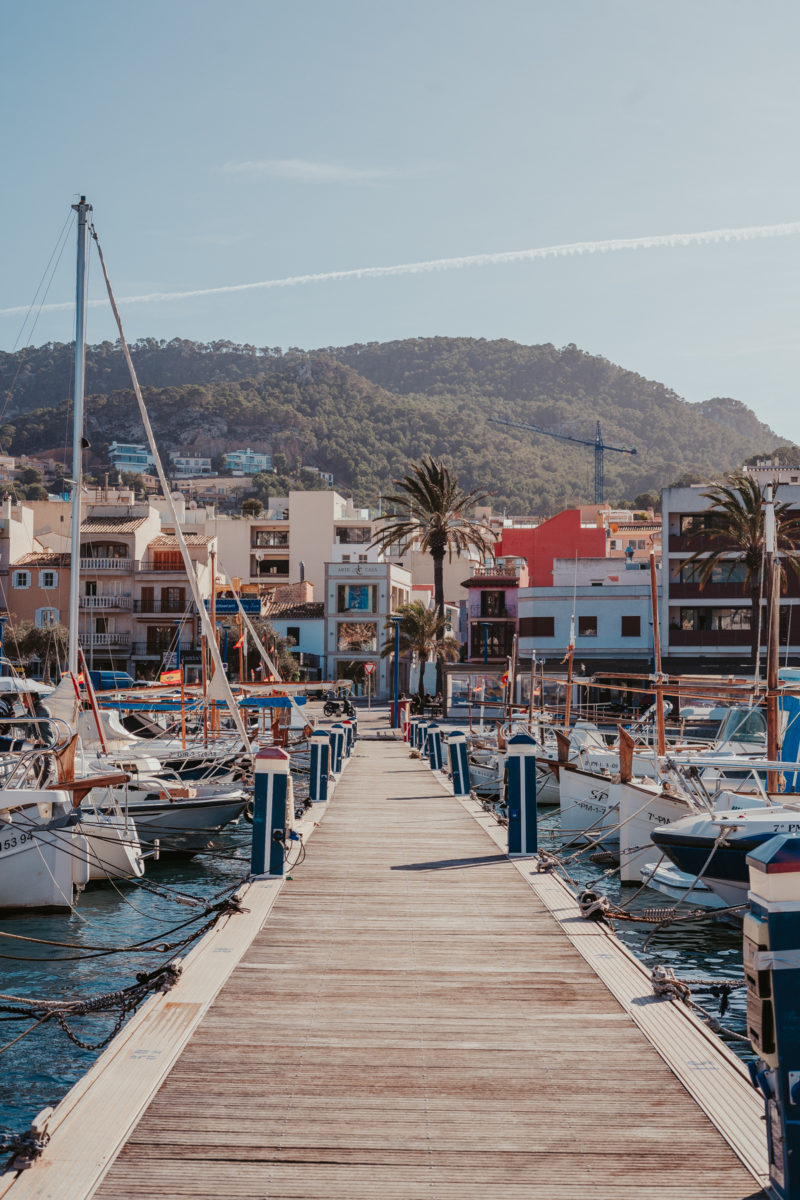
If you are planning on making your home in Mallorca, or have recently done so, you have made an excellent choice. There are so many benefits to living here, and Spain can offer tax-efficient opportunities too.
Make the most of these opportunities and avoid costly mistakes by considering these seven questions.
1. Where will you need to pay tax?
You need to establish when you will become resident in Spain and liable to Spanish taxation on your worldwide income, gains and wealth, and subject to the Spanish succession and gift tax rules.
You will be tax resident in Spain if you are in the country for more than 183 days in a calendar year, but possibly also if your spouse and/or minor dependent children live here or your centre of economic interests is here.
UK nationals should also be wary of UK tax residence rules – in some cases, just 16 days back home could unintentionally trigger UK tax residency and bring you in line for British taxes.
2. How much tax will you pay?
Income tax rates for general income (i.e. pension, employment, rental income, etc.) range from 19% to 47.5% in the Balearic Islands. Savings income (interest, dividends, capital gains etc.) is taxed progressively at 19%, 21% and 23%.
Spain also currently imposes an annual wealth tax, which generally hits those with worldwide assets worth over €1 million. For Spanish residents, generally there is a personal allowance of €700,000 plus an extra allowance of up to €300,000 for your main home. So a married couple could have up to €2 million combined allowance.
However the good news is that tax-efficient investment wrappers offered through a Spanish-compliant bond could legitimately reduce tax on savings income and potentially on wealth tax. While some structures can seem similar, their tax benefits can vary significantly so take specialist advice.
Understanding Spanish tax before you move to Mallorca
Local financial advisor Cathal Rochford from Blevins Franks Mallorca explains in simple terms what financial essentials to consider in Mallorca.
3. How should you hold savings and investments?
A potentially costly mistake is assuming what was tax-efficient in your home country is the same in Spain. ISAs, for example, lose their tax-free status once you are no longer UK resident and the interest, dividends and gains may attract Spanish tax. Your situation and goals will change when you relocate too. It is crucial to take a fresh look at your financial planning to make sure you are suitably diversified and everything is set up in the best way for your new circumstances.
4. What is the right currency mix for you?
Once you are living in Mallorca and spending euros daily, keeping savings and investments in sterling makes your income vulnerable to exchange rate fluctuations. Look for structures that let you diversify by holding investments in multiple currencies, with flexibility to choose the currency of your withdrawals and convert when rates are favourable.
5. What are your property options?
Another important issue to consider early is the tax implications of buying and selling property. When is the best time to sell your UK property or buy a home in Mallorca to limit capital gains tax and stamp duty in both countries? How could owning a high value property affect your wealth tax bill and succession tax liabilities in Spain? Understanding the answers could save thousands, so take care to establish your best approach.
6. What should you do with your UK pensions?
If you are planning to retire in Spain, make sure you fully understand your pension options and the tax implications before making any decisions.
There are now many options for how you take your pension, including taking the whole fund as cash, but you need to weigh them up, looking at how they work for you and the tax consequences or benefits. Taking regulated, personalised pensions advice is crucial.
7. Is your estate planning suitable?
Spanish succession law restricts your freedom to leave your assets to anyone you please. It is designed to protect the family and provide for children, and requires a parent to leave two-thirds of their estate to their children, even by-passing their spouse. Only one third can be freely disposed.
European Succession Regulation EU650/2012, known as “Brussels IV”, enables you to bypass this Spanish law.
The default position is that the law of the state in which the deceased was “habitually resident” at the time of their death applies to succession of assets. However, an individual can elect, through their will, to apply the law of their nationality to all their assets across the zone. A UK national can therefore opt for the succession law of their respective UK jurisdiction (i.e. England, Wales, Scotland or Northern Ireland) to apply instead of Spanish law.
If you do not have a valid will which states that you have chosen the appropriate UK law to apply on your death, your estate may be distributed according to the restrictive Spanish law.
You also need to understand the Spanish succession and gift tax rules and how they will affect your heirs (note that you cannot use Brussels IV to opt out of Spanish tax). The applicable rules vary according to who the beneficiary is, where the deceased and beneficiary are resident, and where the assets are located. Rates and allowances vary across regions.
UK domiciles also remain liable for UK inheritance tax, so seek advice on how to reduce these taxes for your heirs.
Getting the answers to these key questions early can provide peace of mind that your financial affairs are in order so you can relax and fully enjoy your new life in Spain. Cross-border taxation is complicated, so take personalised, professional guidance to get the best results.
Find your dream property in Mallorca today!

Property in Santanyí has a lot to offer, from impressive architecture to a privileged location closeby to some of the islands most breath-taking coastline.
Read More →
Santa María’s location near Palma and at the foot of the Serra de Tramuntana allows its residents to benefit from stunning scenery and an abundance of hiking routes.
Read More →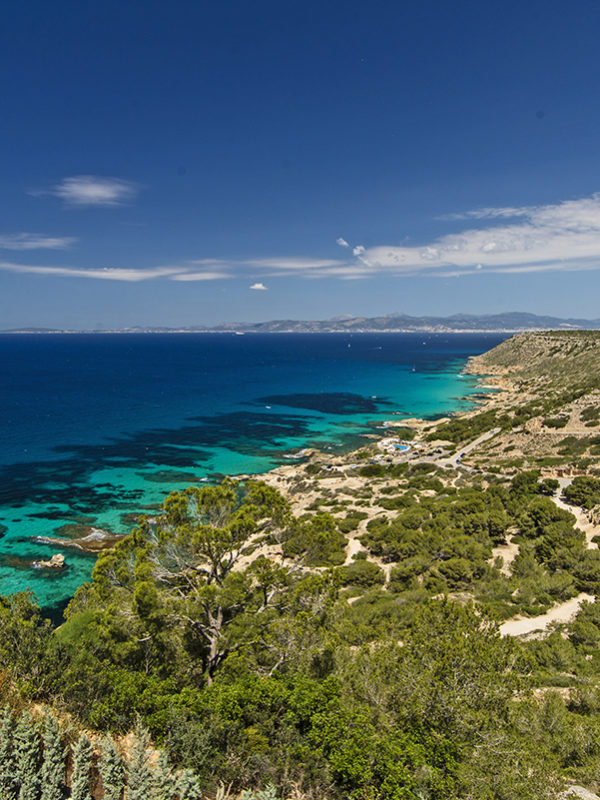
As more people move out of Palma in favour of a quieter lifestyle, the property market is Llucmajor is seeing increasingly more interest.
Read More →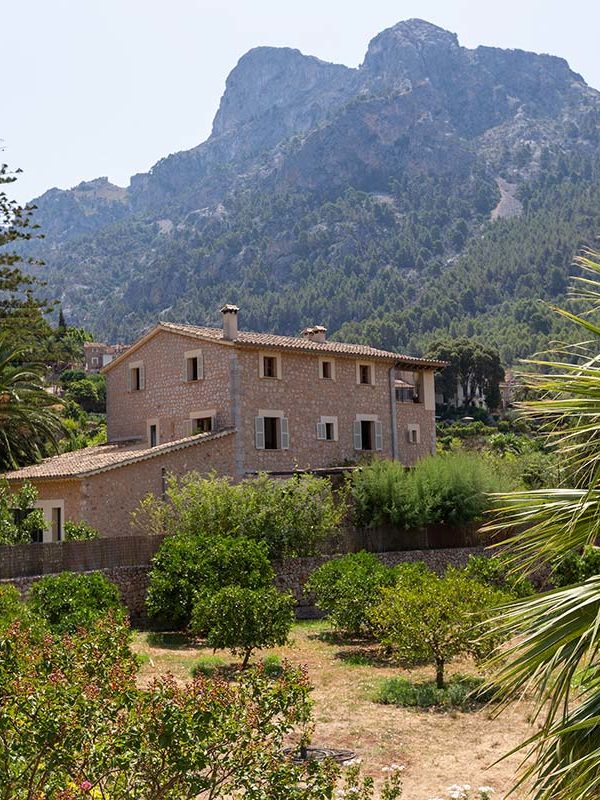
Over the past decade, Sóller has become increasingly popular amongst international buyers. Its pretty, quaint and has two sandy beaches close by .
Read More →
Properties for sale in Puigpunyent dance with nature in the idyllic Serra de Tramuntana mountain range, cradled by the mountainside and sea views.
Read More →
The property market in Port Andratx is synonymous with luxury in Mallorca. It signifies exclusivity and promises a good return on investment.
Read More →
The beautiful country village of Campanet is a haven for those seeking a slower pace of life surrounded by nature and traditional Mallorcan small-town culture.
Read More →
Known as the ‘Beverly Hills of Mallorca’, Son Vida promises a wealth of luxury properties for sale which are ready to move into immediately.
Read More →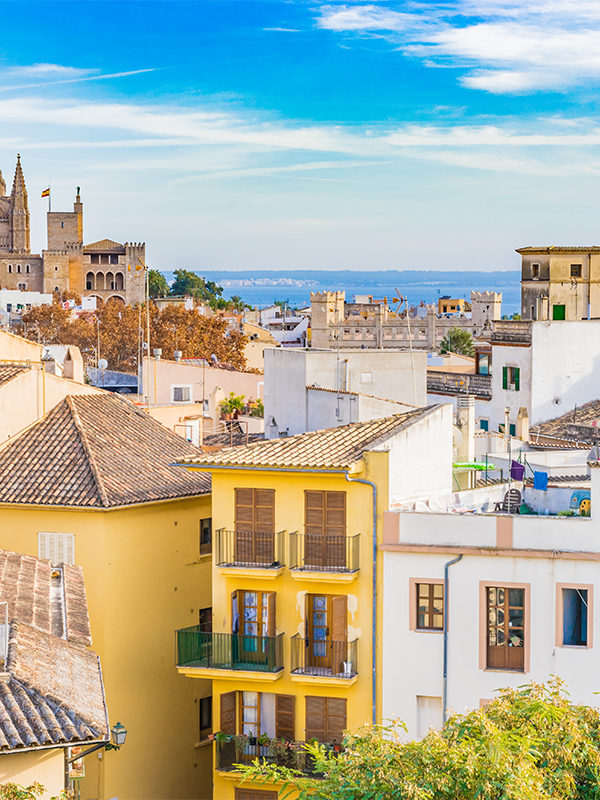
Own keys to an apartment in central Palma and you’re looking at real estate gold. Now is the time to find your dream property in the capital city of Mallorca.
Read More →
In the Southwest of Mallorca, the Santa Ponsa area has become the area with the most transactions and highest turnover, making it a hot spot for investment.
Read More →
Bendinat is considered to be one of the prime residential areas in Mallorca, with sea view villas commanding some of the highest prices on the island.
Read More →
Favoured by those interested in a second home, property for sale in Pollensa attracts a high number of foreigners looking for the Mediterranean life.
Read More →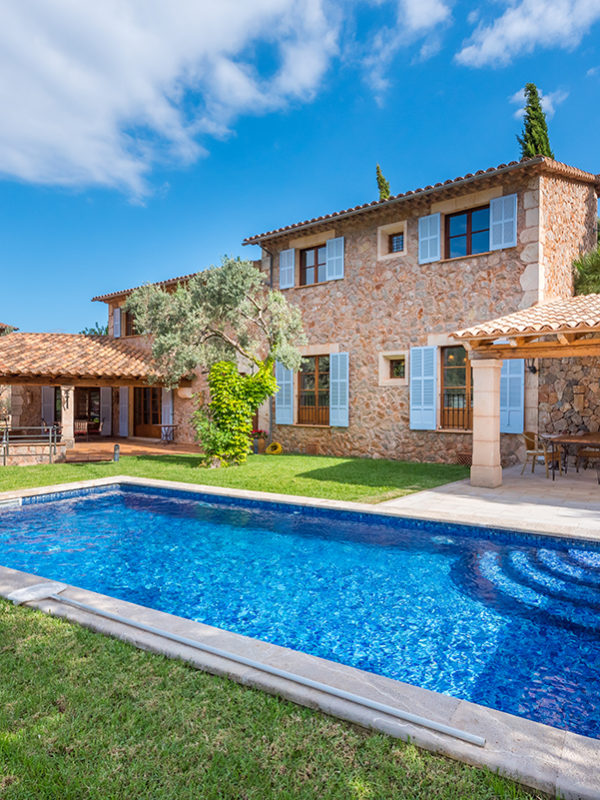
Dotted along the Serra de Tramuntana are numerous traditional mountain villages and hamlets each with unique properties for sale!
Read More →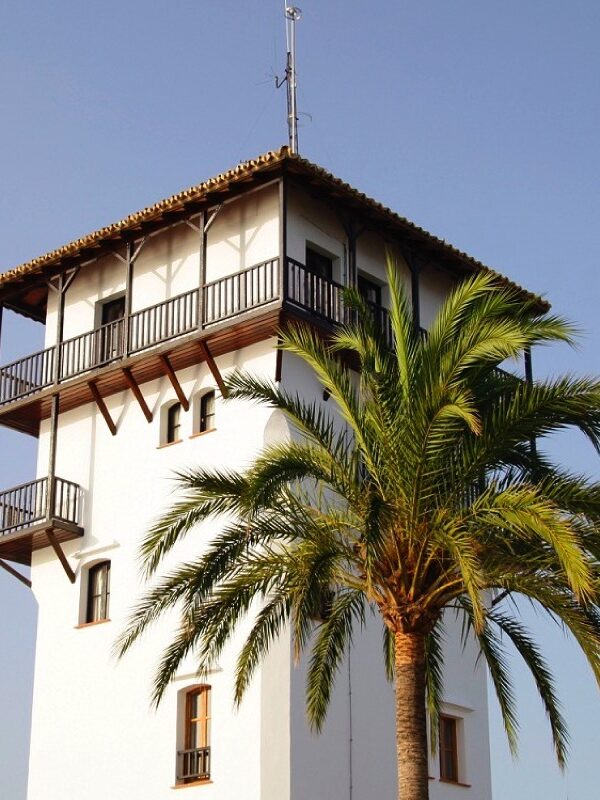
Portals Nous, with its exclusive hillside neighbourhoods and swanky yacht marina, has become one of the most in-demand property hotspots on the island.
Read More →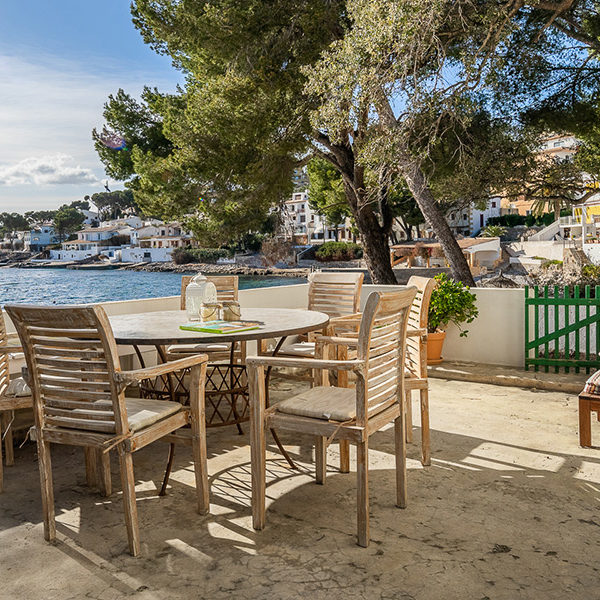
Apart from its beauty, what puts property in Alcúdia ahead of the pack is its strategic position. Here you’ll find breathtaking views, calm warm waters and countryside to die for.
Read More →
From holiday homes in low-key resorts to family villas on an exclusive hilltop, this pretty stretch of coast offers diversity next to Mallorca’s capital.
Read More →
Buy a property in Artá and you will benefit from all the pleasures of this captivating countryside, while being in close proximity to town and all its amenities.
Read More →
From grand estates such as the S’Estaca Estate, to lavish villas in George Sand, property in Valldemossa is some of Mallorca’s most exclusive.
Read More →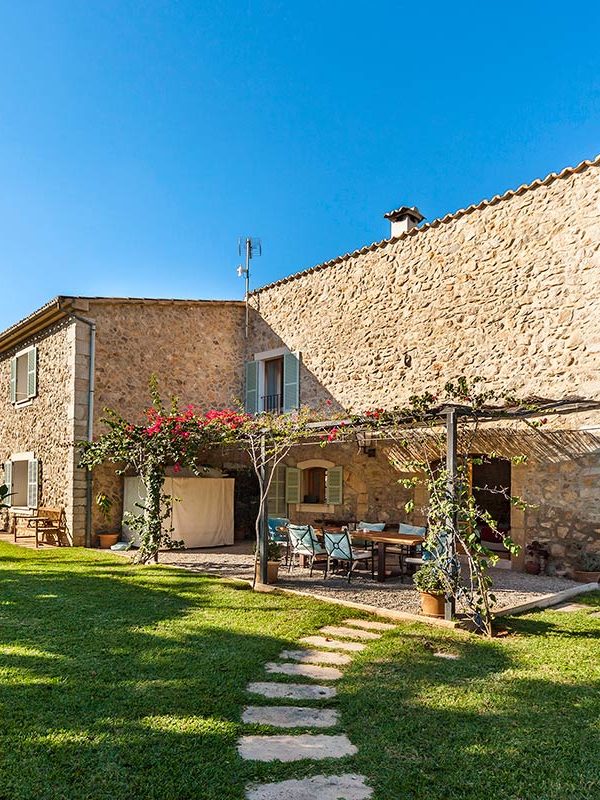
Alaró offers properties for those either seeking a rustic finca with land or a charming period townhouse.
Read More →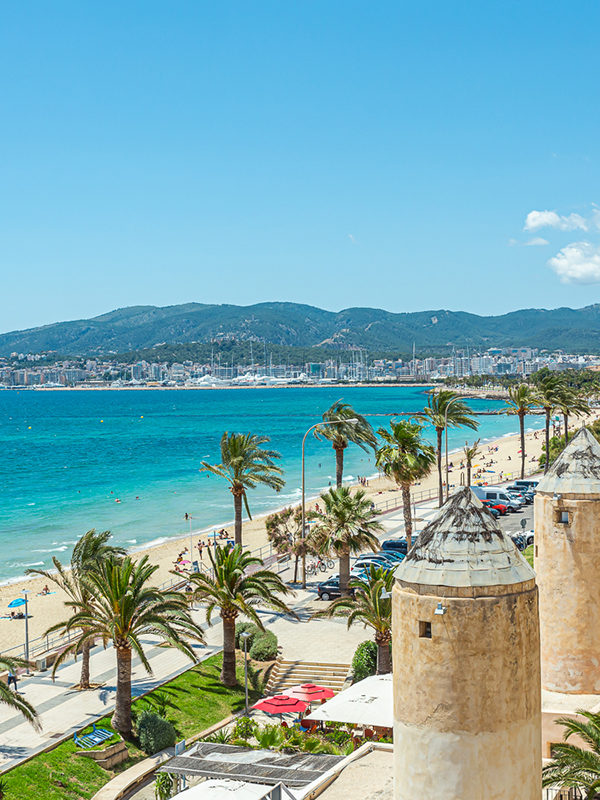
With its swish happening vibe and pretty seafront setting, this stretch of coast has become one of the most sought after places to buy property on Mallorca.
Read More →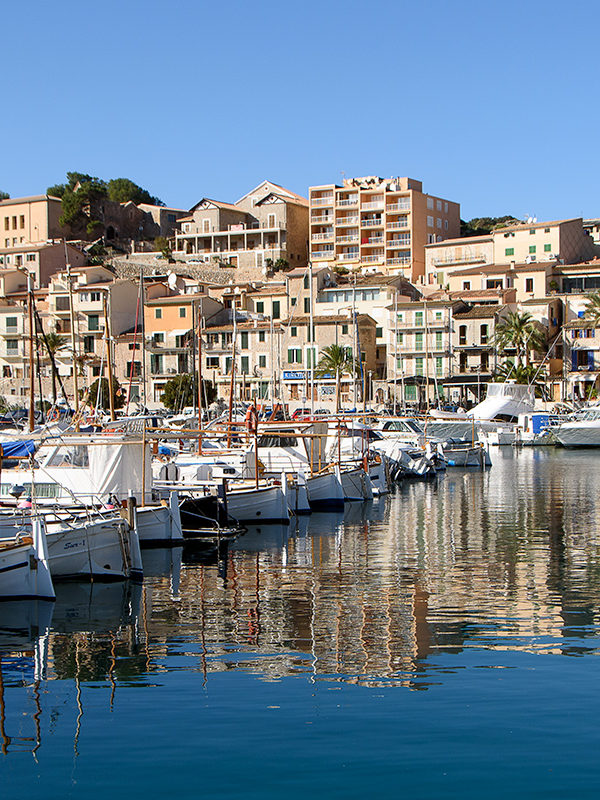
Where to buy in Mallorca? If what you’re searching for is a home you’ll delight in visiting plus viable rental prospects, you could find exactly the right fit in sunny Port Sóller.
Read More →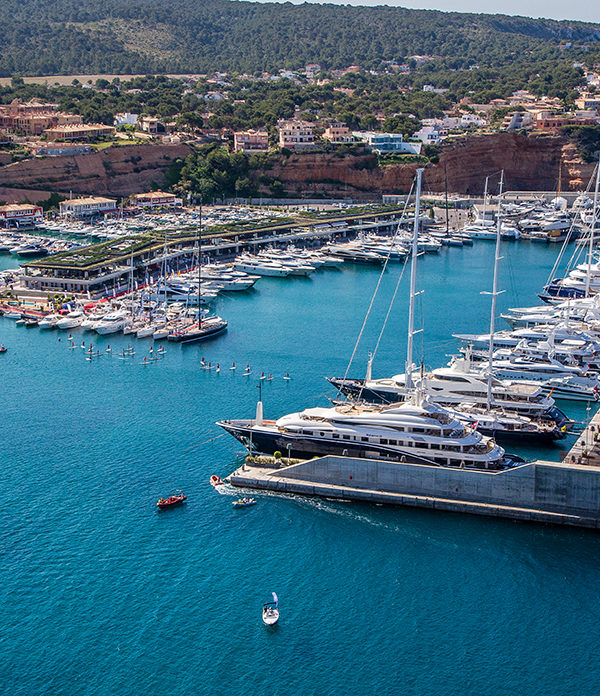
While best known for its world-class yacht marina, Port Adriano’s neighbourhoods also offers a diverse range of properties and a family-friendly lifestyle.
Read More →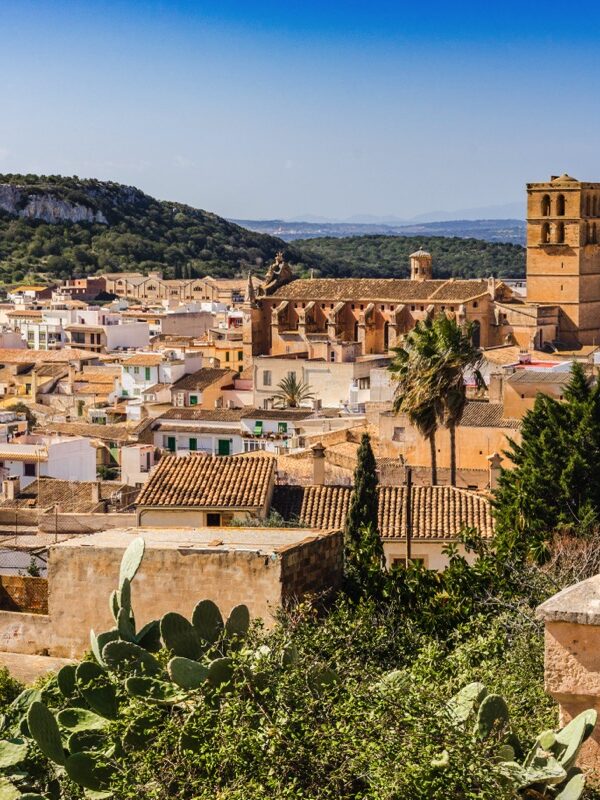
The eastern town of Felanitx oozes mallorcan country charm and has plenty going for it in terms of peace, space and affordability.
Read More →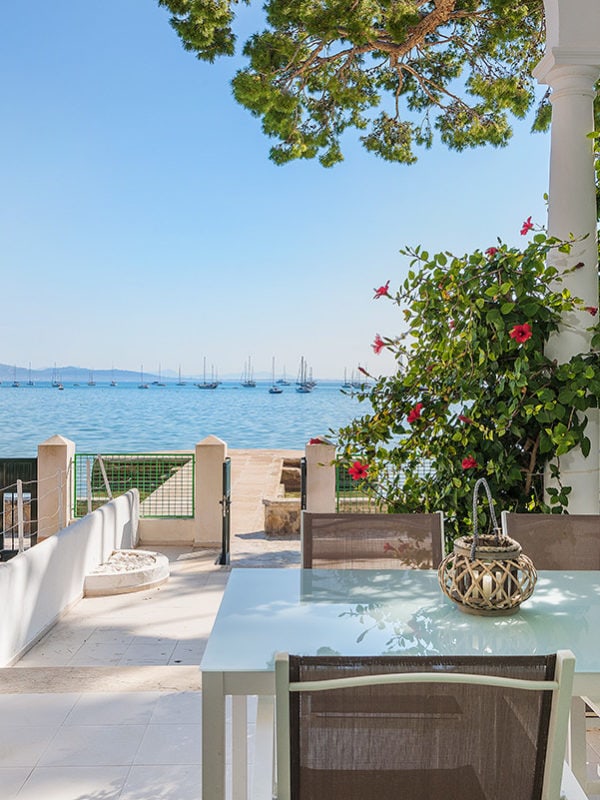
The property market in Puerto Pollensa is attractive to second-home buyers particularly in the cycling and sailing community.
Read More →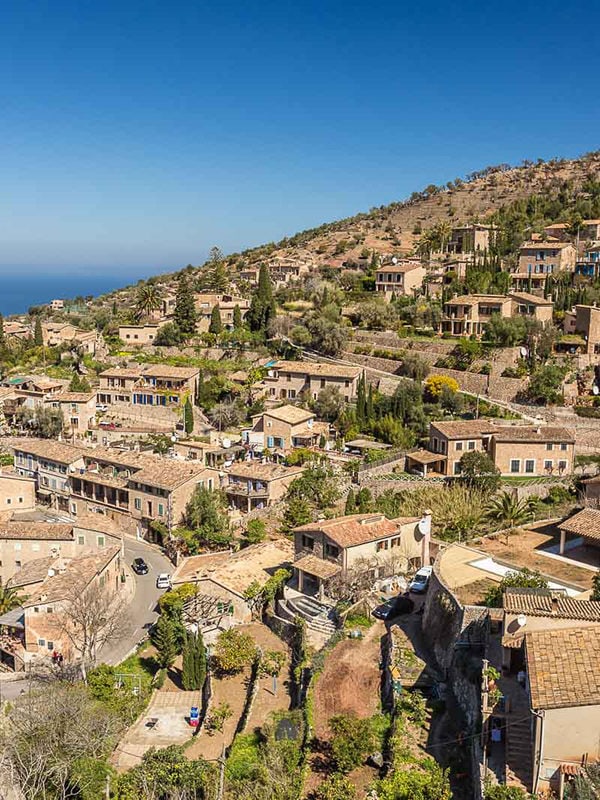
Will it be a rustic townhouse in the centre of Deià? Or buying a large estate with views overlooking Cala Deià? Find out all you need to know about buying a property in Deià!
Read More →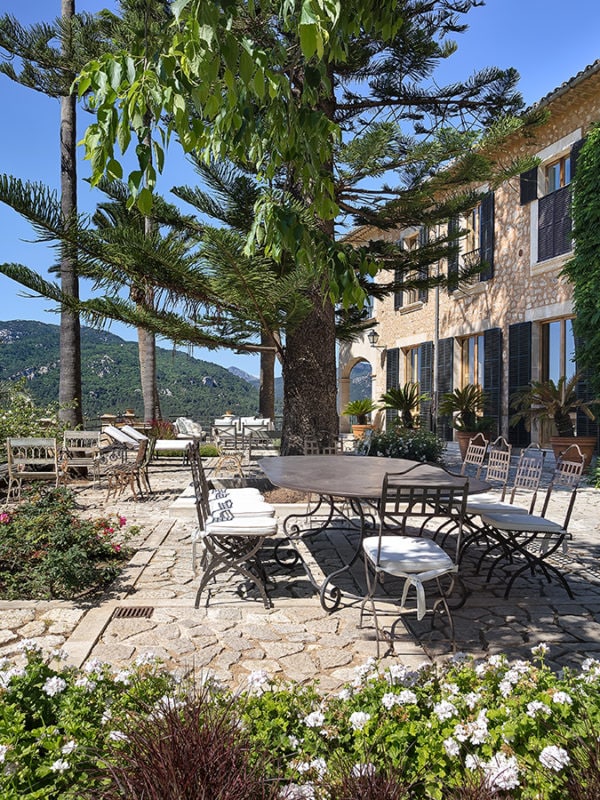
Buy property in Esporles, in the heart of the UNESCO Serra de Tramuntana mountain with easy access to Palma, the airport and the west coast.
Read More →
Camp de Mar has become a hotspot on the island for high-end properties, from modern Mediterranean-inspired homes through to gated villas and apartments.
Read More →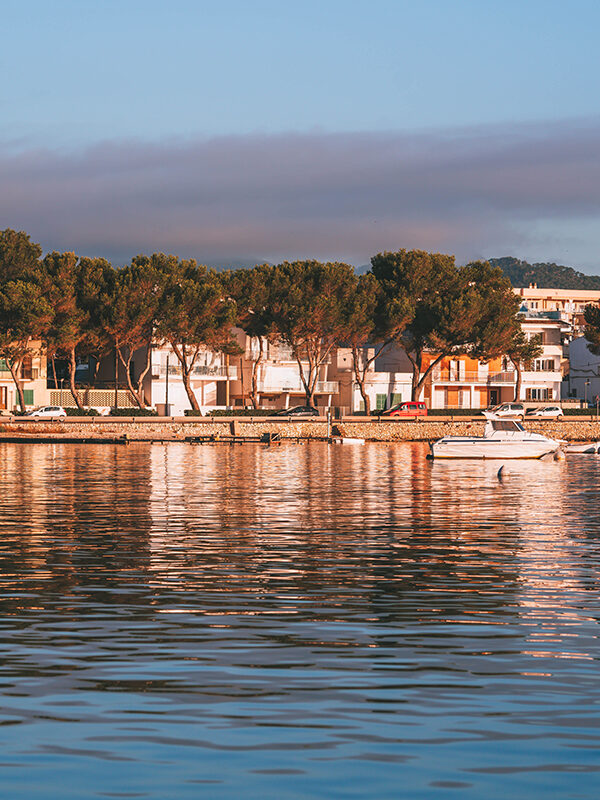
If mountain and harbour views are what you dream of then Portocolom should be on your property radar. See properties for sale here!
Read More →
Browse our list of rural villas, fincas and old stone country houses and who knows, you might just find your new home in the heart of pretty Fornalutx.
Read More →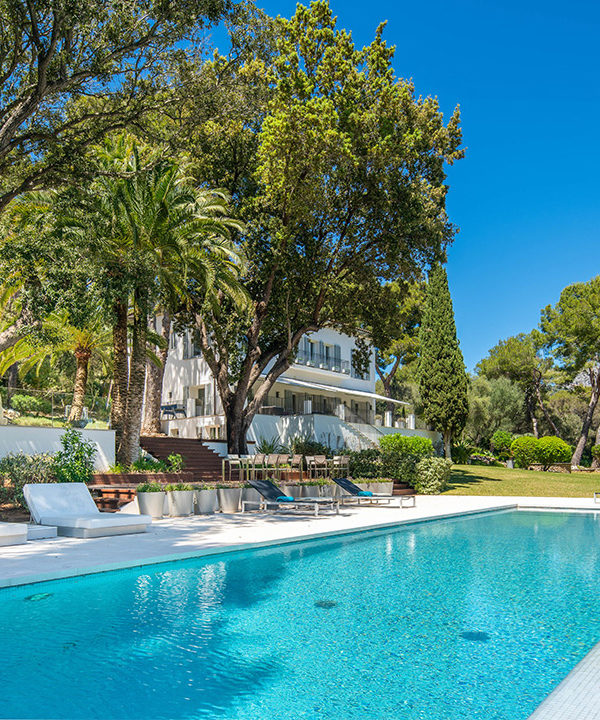
Properties in Formentor are comprised of elegant and rustic Spanish style villas as well as more contemporary and reformed properties, find your property today!
Read More →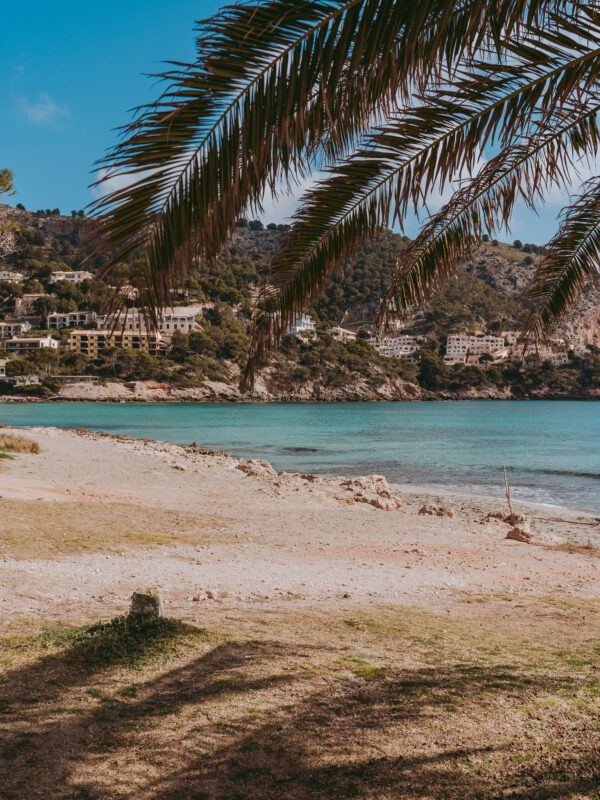
An hour’s drive from Palma takes you to Canyamel, where you will find villas with sea views and a nearby golf course at excellent value for money.
Read More →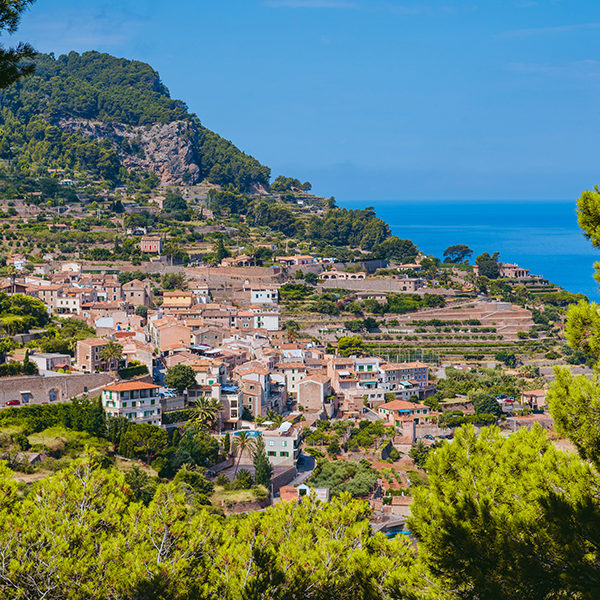
Banyalbufar is defined by its mountain slopes, where properties are built into the hillside. The terrain is beautiful, given its close proximity to the sea.
Read More →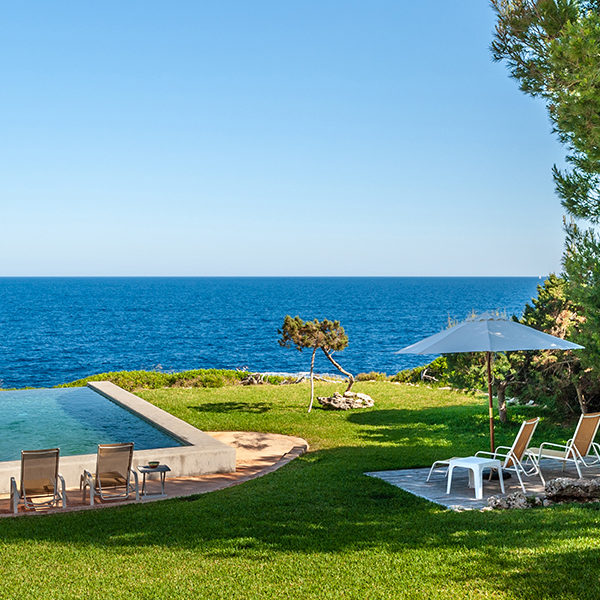
Buyers choose Cala d’Or for its sea view villas and apartments near the beach, with frontline villas very rarely exceeding €5.000,000.
Read More →
Buy property in Port d’Alcudia, and you are sure to have a blessed lifestyle, with plenty of ways to enjoy the Bay of Alcudia, whether water or land based.
Read More →
Sol de Mallorca is a unique and privileged location. It’s tranquil, private, surrounded by natural beauty and stunning crystalline waters
Read More →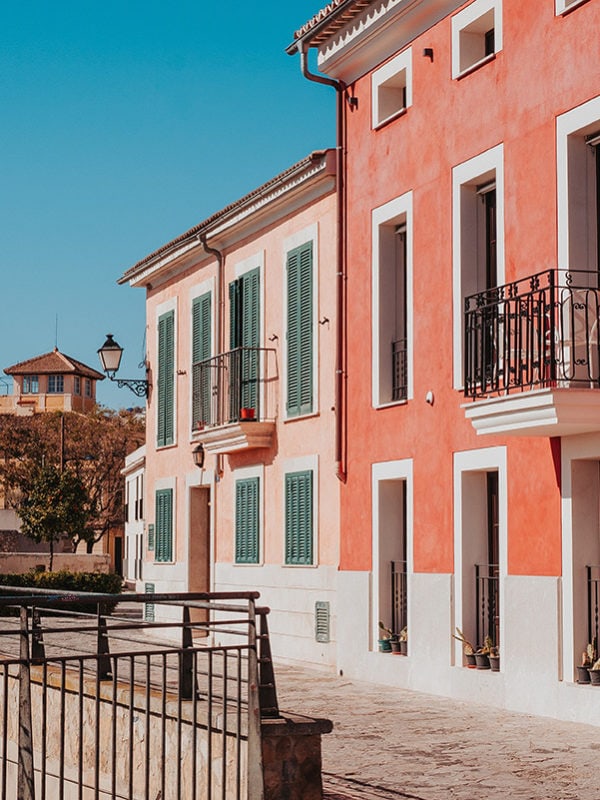
Cool townhouses, cute fishing cottages and luxury penthouses. Find out all you need to know about buying property in Sana Catalina.
Read More →For further information about taxes in Mallorca, read the Blevins Franks Guide to Living in Spain, which is considered the definitive guide to the tax and wealth management issues for expatriates moving to or living in Spain. This 11th edition, 300-page book covers a range of topics to assist your move to Mallorca. It is based on Blevins Franks’ 40 years of expertise in cross-border financial planning. With a dedicated office in Mallorca for over 20 years and 22 offices in seven countries, our professional advisers are a valuable local resource to help you build a future in Spain.
Note: Tax rates, scope and reliefs may change. Any statements concerning taxation are based upon our understanding of current taxation laws and practices which are subject to change. Tax information has been summarised; an individual is advised to seek personalised advice.
Address details
